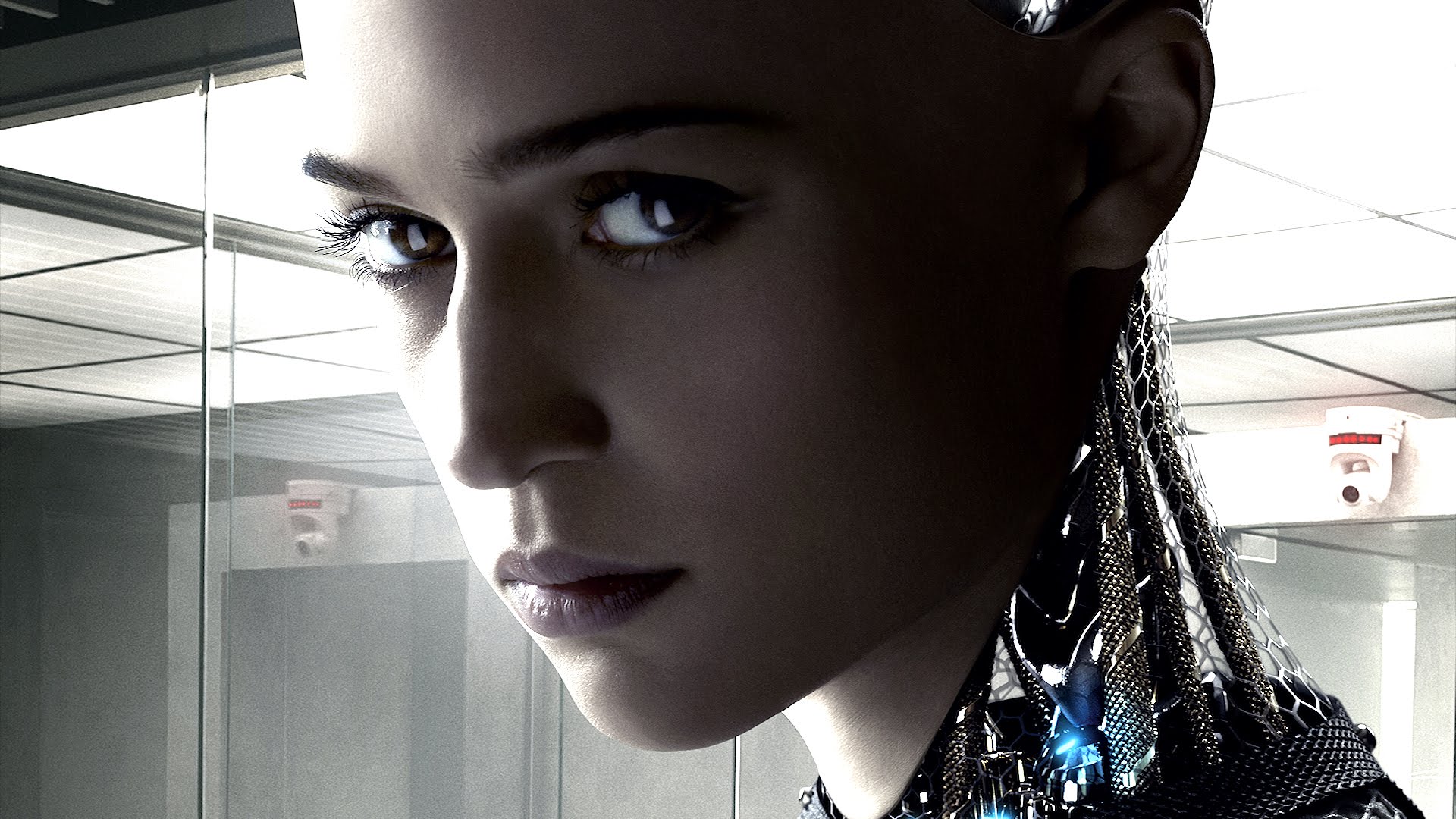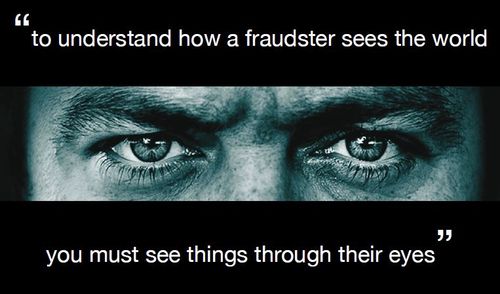
Building on yesterday’s blog, there was another interesting debate about the risks of humans in the network. Humans screw up. Humans cause problems. Humans have emotions. Humans are not welcome here.
A good example of why humans are not welcome is that it is typically human error that causes issue. A self-driving car is likely to drive a million miles without an accident, whilst a human driven car crashes three or four times on average throughout the driver’s lifetime. I would personally prefer to be operated upon by a robotic surgeon with a million successful operations under its belt, rather than a human surgeon who makes a mistake once in 10,000 operations. I would have more confidence in traders that were automated and settled without error, than a human trader who may be rogue and where we need to invest millions to reconcile what they’ve traded, when and where.
You get the point.
A machine can process things far more effectively than a human. It’s the reason why Tesla wants to ban humans from its operations as they slow progress and why Amazon would prefer delivery via drones. A machine can be programmed to get it right first time, every time and never get it wrong. A human cannot.
A human can let people through a border control because they look like their passport photo; a machine will recognise that they’re not that person. A human can be engineered to allow a cyberhacker into the building; a machine will not. In fact, on this last point, that is a critical issue: humans can be socially engineered to do things that machines will not. This is the core of our humanity: trust. We naturally want to trust people. People do naturally trust people. That is our basic human nature, but it’s also the reason why we get ripped off. I blogged about this in 2013 when Tony Sale, Britain’s greatest fraudster, spoke at the Financial Services Club.
“Tony is using basic social engineering skills to achieve this and, as he pointed out regularly in his presentation, the problem we have is that most people believe people are honest.”
Jamie Woodruff, the Ethical Hacker, followed up by saying the same and claiming that the easiest way to steal online is all about social engineering.
People are the weakest link. So we must get rid of them.
If we get rid of people, we can have bulletproof banks, foolproof operations and guaranteed success. In fact, it galls me immensely that the only time these days where I get angry with poor service is when the automated processes fail and I have to deal with a human. We must automate everything.
To ram this point home, I was arguing about this extreme with a colleague and he said to me: would you trust a robot to fly your plane home? I replied that most flights are fly-by-wire these days, and so robots do fly my plane home. He countered by saying but what I mean is that there would be no human in cockpit at all. I wondered about this and was about to reply with the illustration of the film Sully.
SPOILER ALERT: IF YOU WANT TO SEE THIS FILM, DO NOT READ FURTHER.
The film is about the landing of the US Airways plane on the Hudson river by Captain Chesley ‘Sully’ Sullenberger. It is a true story - you may remember the incident - and the film focuses on the post-river landing enquiry, and the fact that the computer simulations show that the pilots could have just got the plane to land safely at Newark airport.
My point was going to be that a robot would be no good in this situation because, as the film shows, the simulations did not allow enough time for the human pilots to react to the engine failure. Once they built in the reaction time, the simulations showed that the aircraft would have crashed if the pilots had tried to achieve a safe landing at an airport. Therefore, it was the right decision by the human pilots to land in the Hudson river.
However, I then realised the flaw in my counter-argument as, in this situation, if there had been a robot pilot, then it would have immediately calculated the right reaction in nano-seconds and hence would have landed safely at Newark, rather than on the Hudson river ... so yes, I would prefer a robot to pilot my plane.
Chris M Skinner
Chris Skinner is best known as an independent commentator on the financial markets through his blog, TheFinanser.com, as author of the bestselling book Digital Bank, and Chair of the European networking forum the Financial Services Club. He has been voted one of the most influential people in banking by The Financial Brand (as well as one of the best blogs), a FinTech Titan (Next Bank), one of the Fintech Leaders you need to follow (City AM, Deluxe and Jax Finance), as well as one of the Top 40 most influential people in financial technology by the Wall Street Journal's Financial News. To learn more click here...


